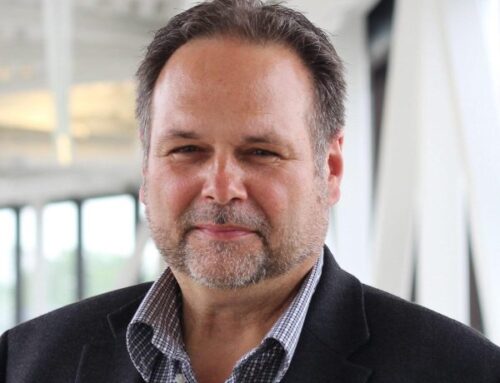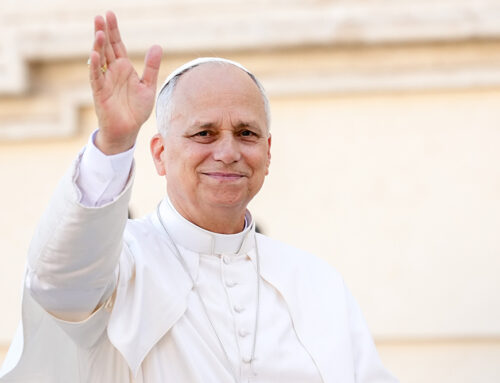Josie Luetke:

Interim writer, Josie Luetke, Talk Turkey
Pro-lifers are normally preoccupied with the challenge of making other people pro-life. We aren’t as focused on keeping the ones we already have … we shouldn’t have to be, right?
However, multiple times now, I’ve been posed the question: Why do people not stay pro-life?
Many stalwarts in the movement have been left dumbfounded and heartbroken when their kids reject previously held pro-life values and now scorn their parents’ views as “quaint” and “old-fashioned” at best, and “bigoted” and “embarrassing” at worst.
The tragedy of euthanasia is exacerbated when the patient was a church-going Christian, perhaps an aunt or a sister.
As I write this column, I can already envision nods and winces. For this writer, and too many readers, this topic hits home.
A few former B-list pro-life activists, commentators, and politicians also make the list of traitors, but I won’t give them the attention by naming then.
Anyway … what happened to them?
The simplest answer in some cases is that they’re not pro-life now because they weren’t pro-life then, or at least, not in any meaningful sense.
Maybe that’s simply how they identified because their family was pro-life, their pastor said they should be, or they ideologically aligned themselves with conservativism.
In particular, south of the border, Republican politicians are prone to identifying as pro-life despite their woeful ignorance, because of political expediency and a desire to claim the moral high ground.
Anyone can attend pro-life events—Life Chain or the National March for Life—without understanding the pro-life argument.
For the record: Our core philosophy is that every human being is equal, regardless of age and ability, and that it’s wrong to kill innocent human beings.
In other cases, even after ascertaining this truth, pro-lifers will leave the movement because the truth exacts a toll on us.
On the most basic level, we must practice what we preach, which means not choosing abortion or euthanasia, even if the alternative entails great suffering.
On a deeper level, the truth doesn’t come free; it demands to be freed. If we truly believe these practices to be human rights violations that are endangering lives and souls, then we’d be hypocrites—either hateful and callous or just cowardly—not to speak up against them.
As I note over and over though, the price tag of speaking up is social ostracization and potential loss of educational and employment opportunities—even one’s freedom.
A “pro-lifer” must choose between enduring this cost or enduring the discomfort of cognitive dissonance — knowing that abortion is unjustly taking 100,000 lives per year (and euthanasia another 15,000 per year) in Canada, but doing nothing about it—and the aforementioned implications regarding one’s character.
The third option is not to be a “pro-lifer.” If abortion can be complicated or nuanced, the law too brute a force to respond to it, and opponents too judgmental and harsh, then the internal conflict evaporates and one once again becomes free to live one’s life unbothered by those who are not.
These excuses don’t even need to be true—they just need to introduce enough reasonable doubt to justify one’s inaction.
We live in a culture of death that exerts a lot of pressure and poisons life. It’s not that those who leave the movement are weak (although some are); it’s that in this day and age, being pro-life is hard.
If one’s peers are all “pro-choice,” if the majority of Canadians are “pro-choice,” if the media and the government are definitely “pro-choice” (or more accurately, pro-abortion), then, surely they all can’t be wrong, or at least, not totally wrong, can they?
Of course, there is a much higher cost to taking this route, but it’s not always obvious. Our society is invested in covering up or downplaying it. The consequences, including a nagging nihilism, take longer to play out.
Religion/faith faces a similar fate here.
Most of my columns propose various remedies: the need to reject aspirations of worldly success and acceptance; the establishment of pro-life community and life-affirming relationships; the understanding that suffering is a feature, not a bug, in life.
Here’s what I’m trying to reconcile with: Try as we might, some percentage of people will leave the movement — just as they leave the church — and may not ever come back. We cannot “save” everyone. (We cannot save anyone.) Of course, when it’s your family, you pray for them, and you fight to the dying breath for their return. Yet, our work cannot depend upon this return.
Life Chain is expanding into new communities, and I have the privilege of helping to facilitate this expansion, but in many locations, long-time organizers notice the slow dwindling of attendees.
My friend Ruth (CLC’s Atlantic Region Coordinator) attended a Life Chain in South River, Newfoundland, joined only by her mom and new CLC Newfoundland and Labrador President Jeremy Lawlor. Churches in the area yielded no one else. She remarked to me: “I’m just disgusted with Newfoundland Christians.”
And I am too (at all those who should know better), but as valid as the disgust is, it can’t take us anywhere. As Ruth and I have concurred, we set the example we want to see in others. We must be faithful, even if no one else is—because God will be.




